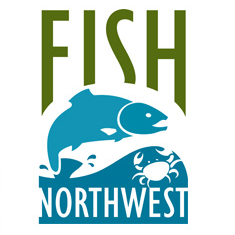Fish Northwest (FNW) sees three areas where major deficiencies exist within the management of Puget Sound recreational salmon fisheries; A dysfunctional North of Falcon season setting process, a flawed ten year Puget Sound Chinook Resource Management Plan (RMP), and the lack of an Endangered Species Act (ESA) fishing permit for the State. The cumulative effect of these management deficiencies has been WDFW departing from, or in some cases completely ignoring, the federal court adopted Puget Sound Salmon Management Plan, and the legal mandates of United States versus Washington, 384 F. Supp. 312, commonly known as the Boldt Decision.
Over the past decade, and especially over the last six years, WDFW’s failure to address these problem areas has resulted in the drastic loss of opportunity for the Puget Sound non-treaty recreational salmon fisherman. Born out of utter frustration and bewilderment, and in an effort to have the court address and rectify these losses, on October 5th, 2020, FNW filed a Motion to Intervene in the United States versus Washington, 384 F. Supp. 312 (Boldt).
How serious is this loss of opportunity to the recreational salmon fisherman, and what would bring them to the point of resorting to a lawsuit?
Consider Marine Area 7 as an example. In 2013 – 2014 the chinook salmon season lasted 36 weeks. That season consisted of 16 weeks of summer chinook fishing (July 1st – October 31st), and 20 weeks of winter blackmouth fishing (Dec 1st – April 30th). By comparison, the 2020 summer chinook season lasted only 6 weeks (all of July and the last two weeks of August). As for the 2021 winter blackmouth season, there won’t be one. For perspective, these cuts equate to an 83% loss of fishing opportunity over the last seven years, and that is just for Marine Area 7. I’ll let you calculate the loss for the Marine Area you fish.
